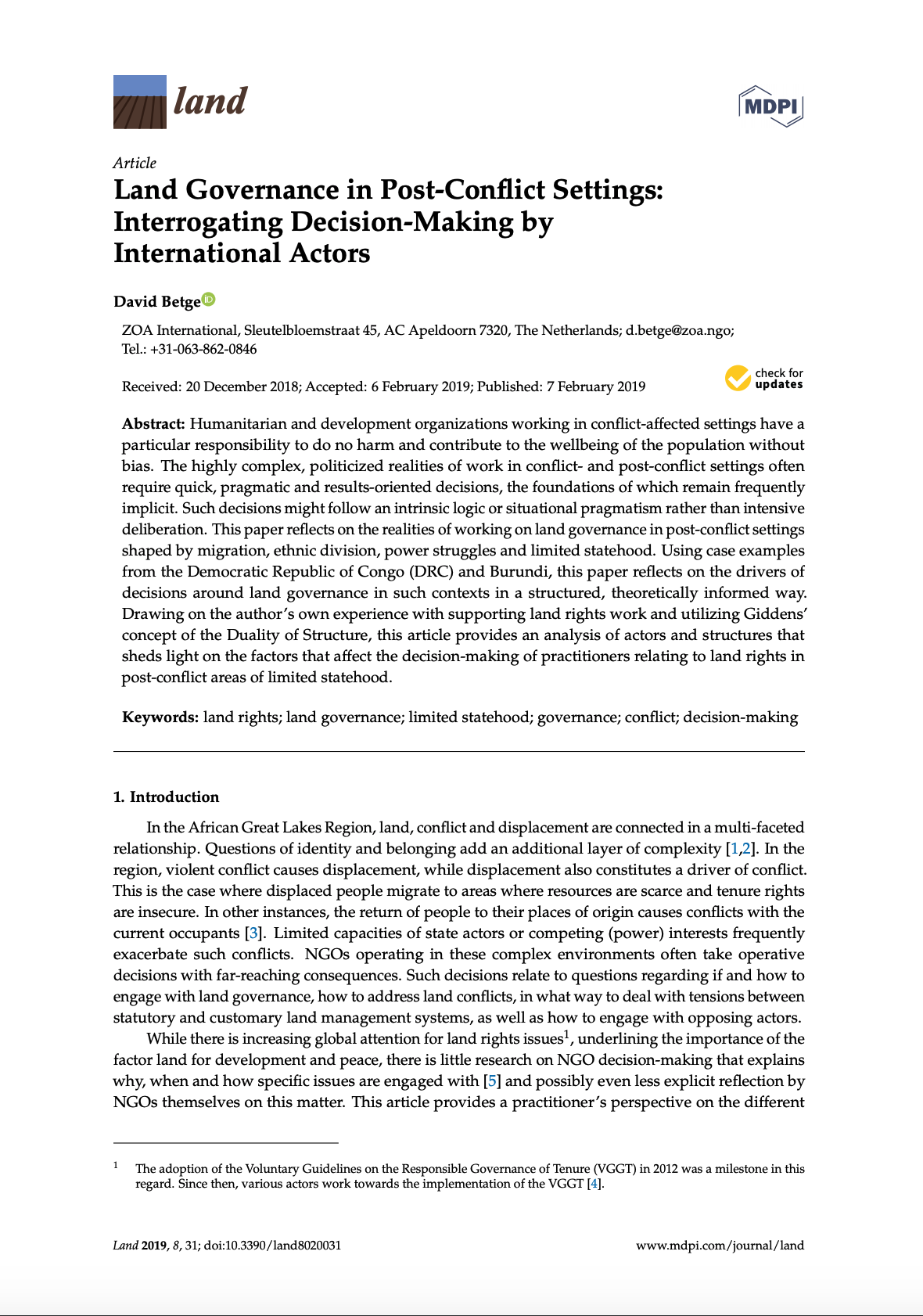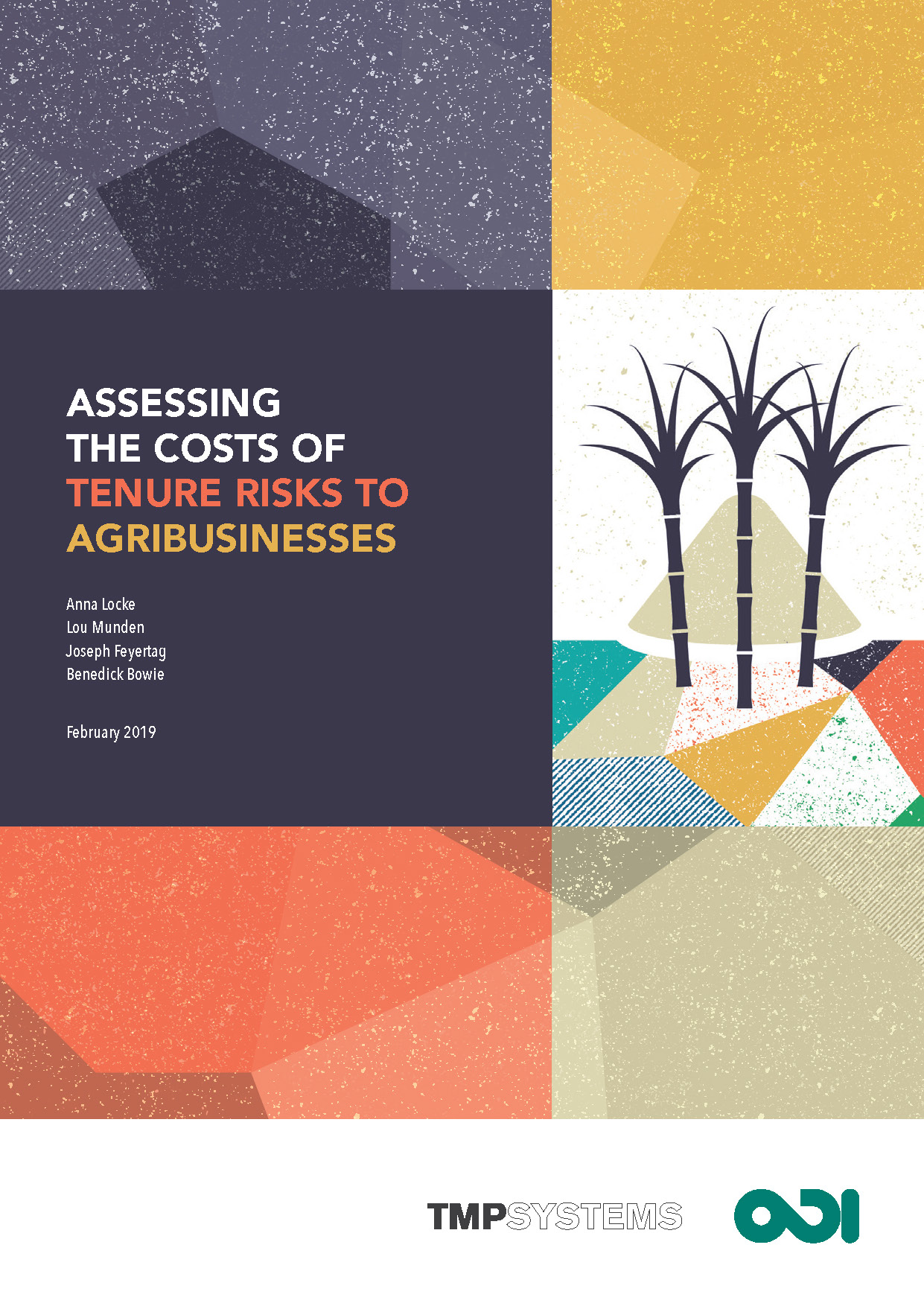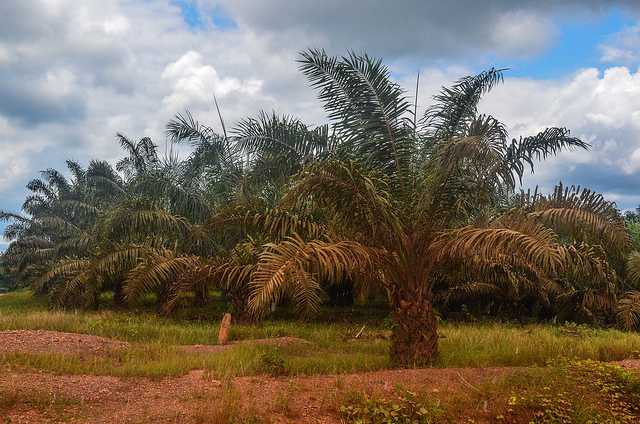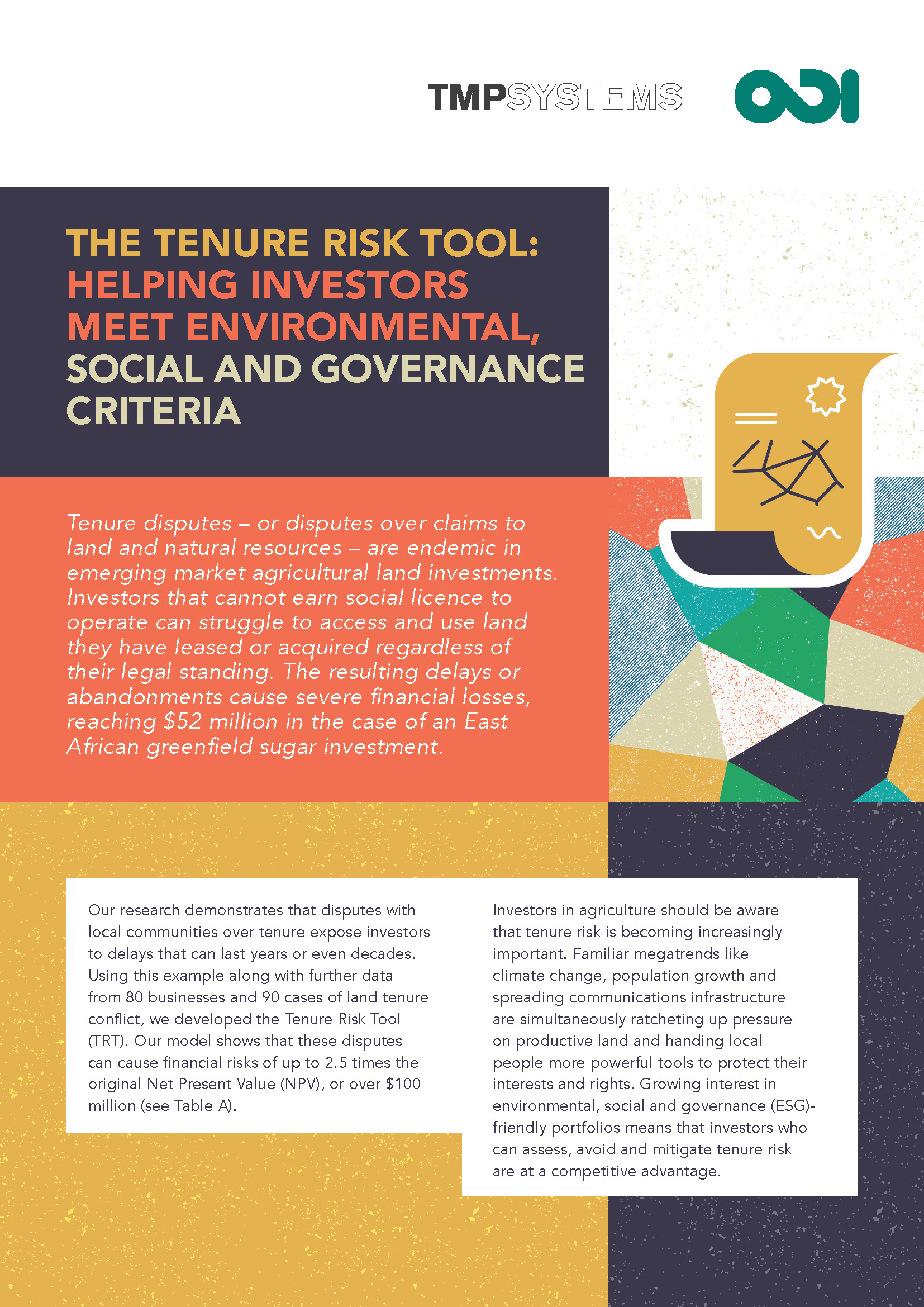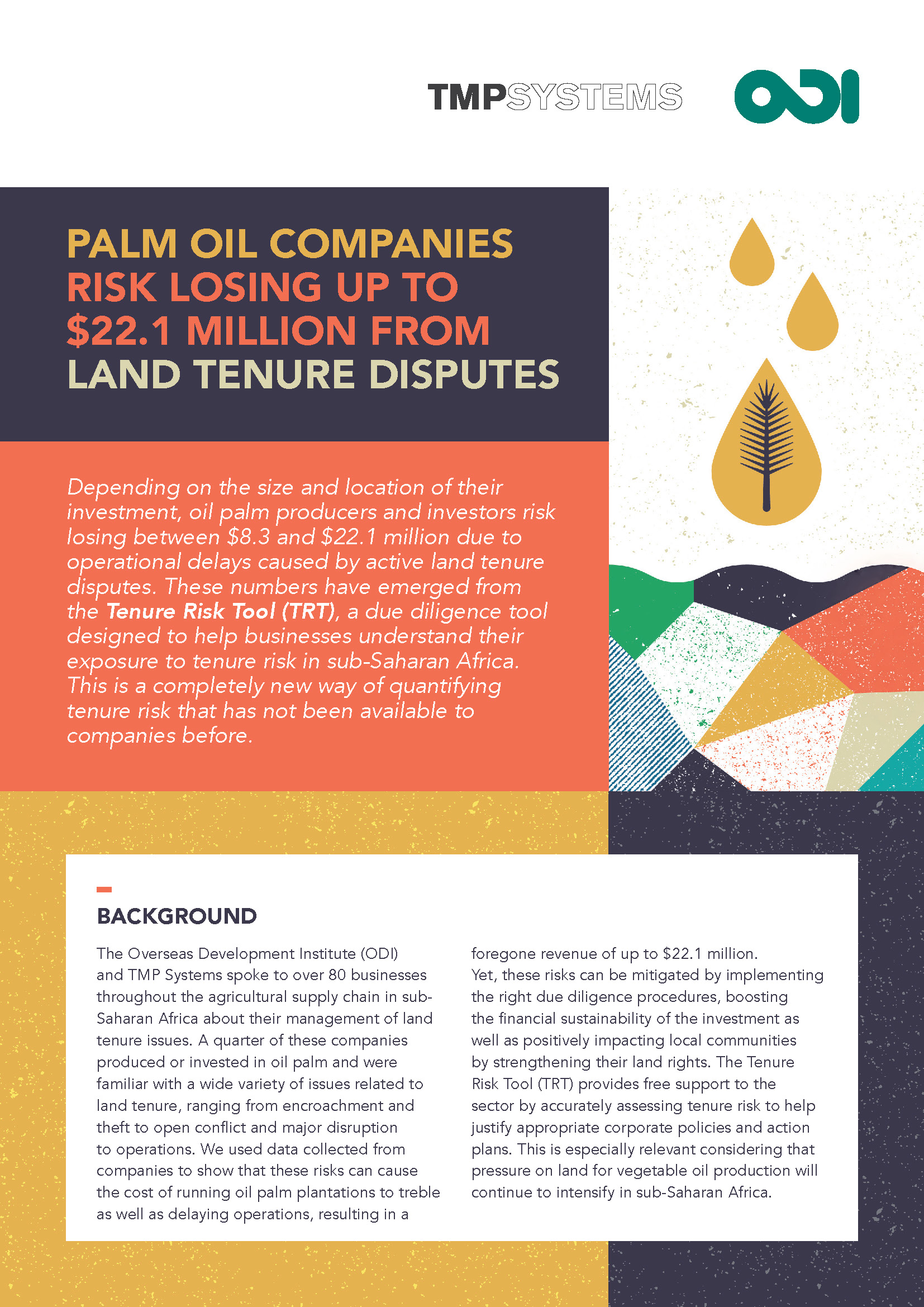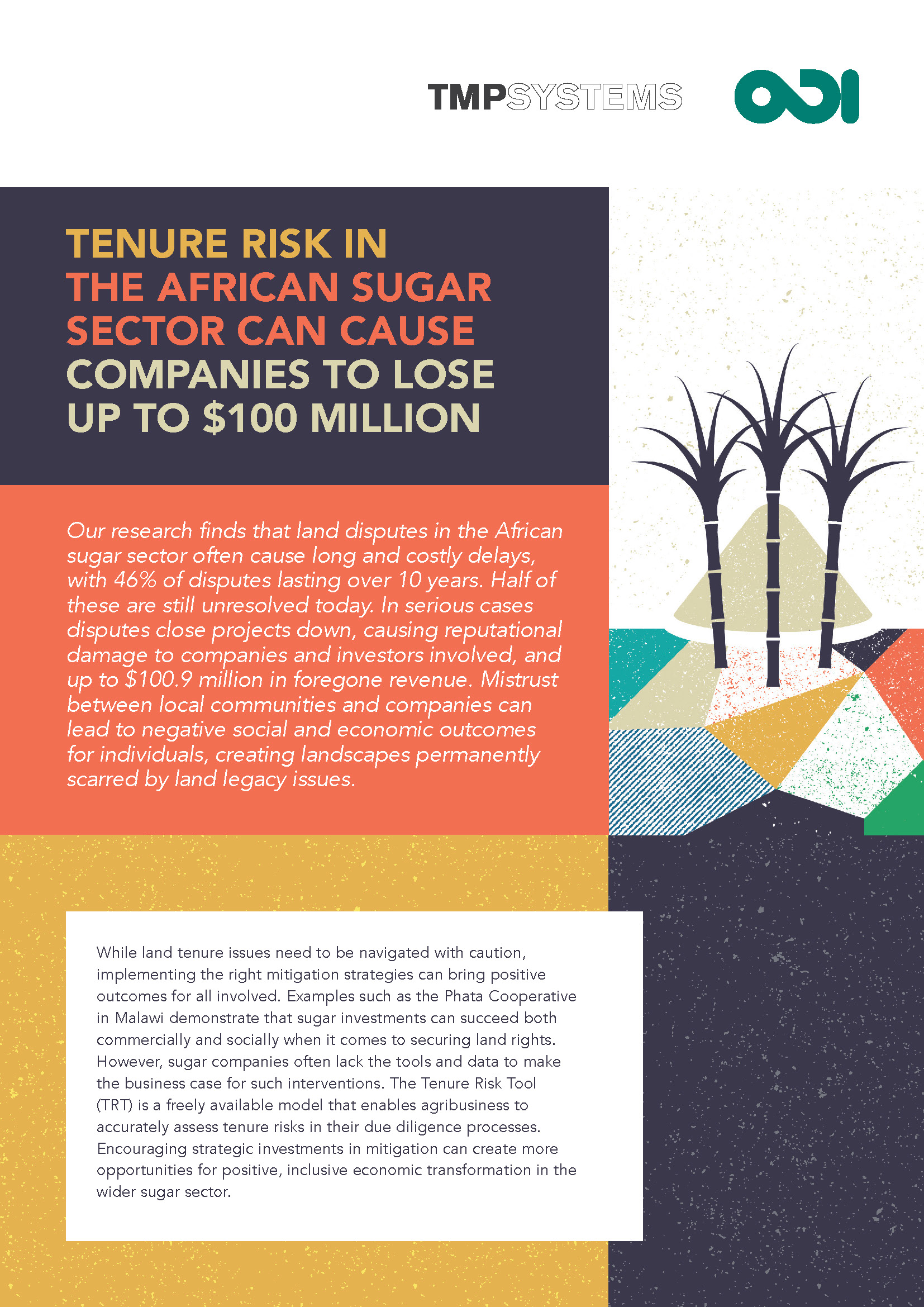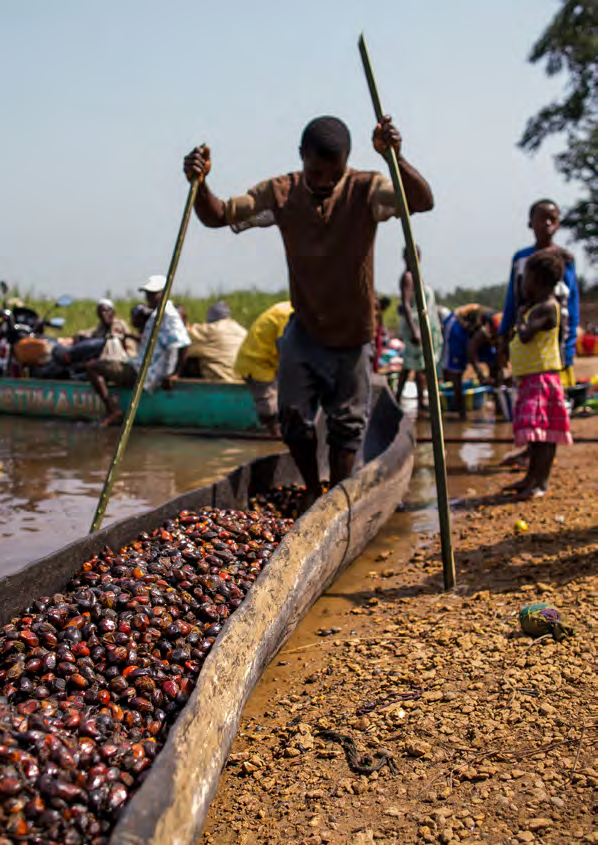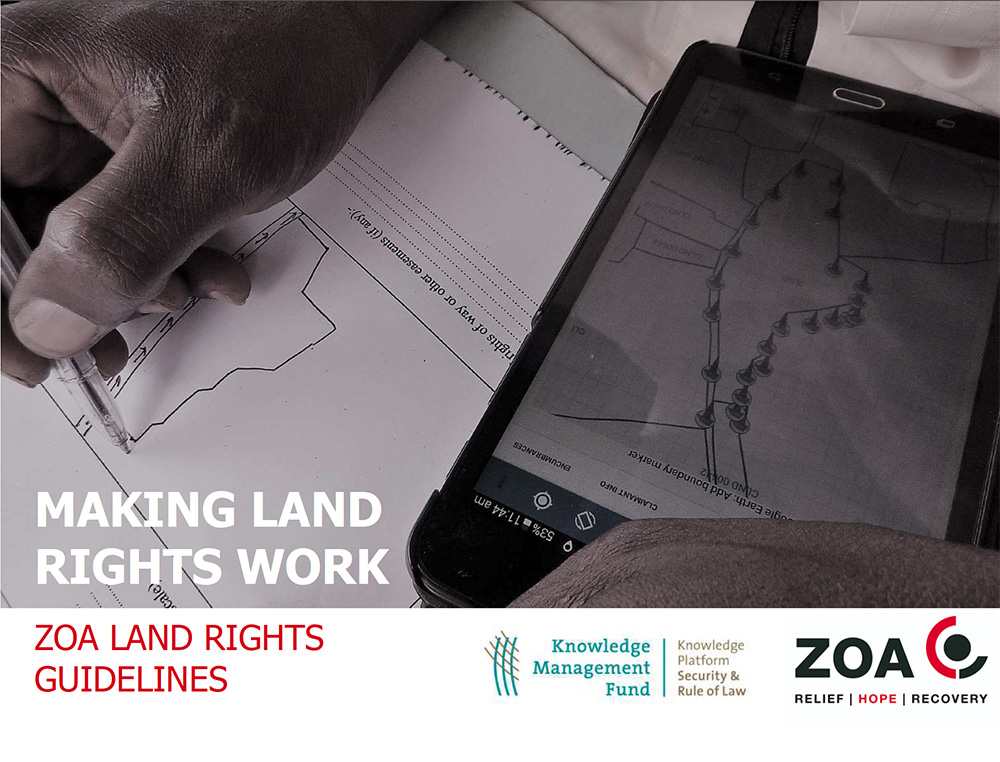Land Governance in Post-Conflict Settings: Interrogating Decision-Making by International Actors
Humanitarian and development organizations working in conflict-affected settings have a particular responsibility to do no harm and contribute to the wellbeing of the population without bias. The highly complex, politicized realities of work in conflict- and post-conflict settings often require quick, pragmatic and results-oriented decisions, the foundations of which remain frequently implicit. Such decisions might follow an intrinsic logic or situational pragmatism rather than intensive deliberation.

